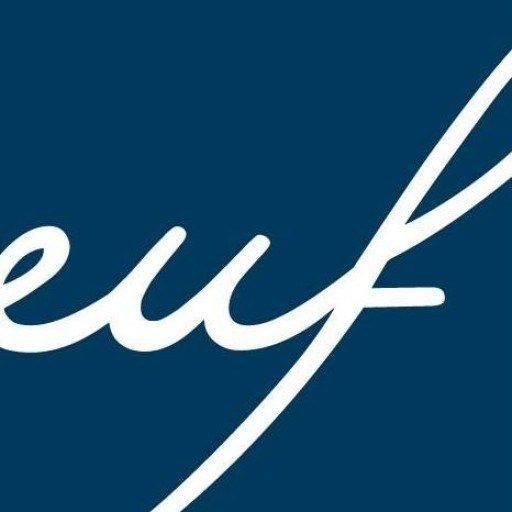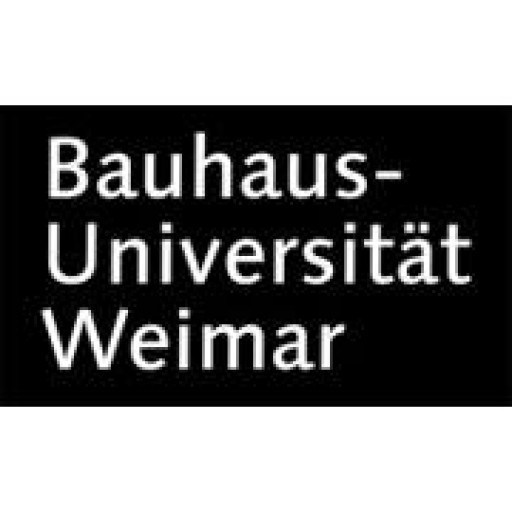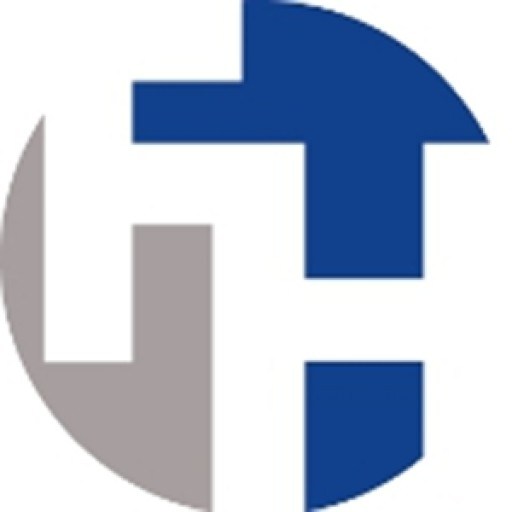Photos of university / #tu.muenchen
A high-quality mathematical education with strong knowledge in the fields of analysis, optimisation and stochastics as well as in the appropriate chosen field of application, specialised knowledge in the areas of numerics, visualisation and dynamics, concrete problem-solving utilising calculators and specific calculation skills using simulation and optimisation software, development of skills needed to independently familiarise oneself with new fields
Educational organisation
Lectures and seminars in semesters one through three. Master's thesis in semester four. On-the-job training is also accomplished through obligatory internships in cooperation with businesses and companies. These cooperation programmes also provide support to students writing their Master's theses.Study abroad unit(s)
Participants may voluntarily spend one or two semesters of study abroad.Internships
On-the-job training is also accomplished through obligatory internships in cooperation with businesses and companies, e.g., in manufacturing, software or consulting companies as well as in research and development departments of large corporations.Forms of assessment
Written or oral examCourse objectives
The main educational goal to be achieved in the science and engineering programme is the ability to collaborate with scientists and engineers. The economic mathematics programme at TU München is intended to prepare students to pursue future careers in software and engineering companies, research and development departments of large companies or science and engineering research institutions.The Master of Mathematics in Science and Engineering programme is geared towards training mathematicians for occupations in interdisciplinary research and development projects. Furthermore, it prepares them for future dealings with colleagues who have no background in this field. The specific demands of each professional occupation differ with respect to the type of position and industry. Typical commonalities can be structured through the following problem-solving steps:
1. formulation of a given engineering or scientific problem (mostly not in mathematical terms) and defining it mathematically in order to analyse part of the problem
2. conversion of the problem into a mathematical model
3. mathematical problem-solving, predominantly utilising methods from analysis, numerical mathematics, optimisation, and stochastics. Geometric considerations and design engineering are helpful in this process
4. concrete evaluation of the resolved problem with developed algorithms mentioned in number three
5. retranslation of the solution into the respective engineering or scientific language
6. imparting of the results
Language requirements
If neither English nor German is your first language and you have not completed your education officially in one of these languages, you must provide proof of sufficient language skills in English OR German. Please refer to the main university websites to find out which English or German language certificates are acceptable.See: https://www.tum.de/en/studies/before-your-studies/application-and-acceptance/english-language-skills/
Academic requirements
Applicants must hold a Bachelor's degree in mathematics or an equivalent qualification in a similar field of study.Applicants are qualified if they can show proof of academic achievements that are equivalent to the qualification obtained in the Bachelor's degree programme in mathematics offered by Technische Universität München and that meet the requirements of the respective Master's degree programme.
Enrolment fees
Approx. 115 EUR per semesterThe fee includes a semester ticket covering public transport in Munich.
Costs of living
In order to cover personal expenses while studying in Munich, we recommend a budget of at least 800 EUR per month.Job opportunities
There are various job opportunities as teaching assistants and research assistants at the university.Munich is also a very good place to find internships, e.g., with banks, insurance, software or consulting companies as well as in the research and development departments of large corporations.
Funding opportunities within the university
http://www.tum.de/en/studies/fees-and-financial-aid/scholarships/
Arrival support
TUM's International Center offers a special programme tailored for international students, TUMinternational (TUMi). The TUMi programme provides help and advice for new students as well as a cultural programme with events scheduled both prior to and during the academic periods.The service desk of the Student Service Center is the first contact point for international students. We are here to help you with issues such as applications, enrolment, student ID cards, etc. Furthermore, we offer various three- to six-week summer schools combining academics with a rich menu of educational and social activities as a foretaste of university life. For international students who have been admitted to a degree programme, the Student Service Center offers a four-week pre-study course designed to help you get started at the TUM. Students new to TUM are invited to the service fair "Fit for TUM", which takes place before the semester officially starts, to get an overview of the various offerings of support services at TUM. See: http://www.tum.de/en/studies/international-students/.
Learning German: While the language of instruction for many of TUM's postgraduate programmes is English, learning German and thus being able to participate in daily German life at a deeper level enriches the experience of studying and living in Munich. TUM's Language Centre offers language classes for students at all levels, both prior to and during the semester: See: http://www.sprachenzentrum.tum.de/en/startseite/.
Services and support for international students
In addition to support services offered by TUM International Center and the Student Service Center (SSZ), the faculty also has its own adviser for international students.Accommodation
It is not easy to find a place to live in Munich - but it is not impossible either! TUM supports students and employees in their search for accommodation, providing personal advice, in-house listings and useful information to ensure that you can quickly find a place to call your own. See: http://www.tum.de/en/university-life/accommodations/.With high rents and not enough rooms in halls of residence, the Munich rental market is one of the most competitive in Germany - especially for students. The city boasts over 1.4 million inhabitants, with more people moving to Munich every year - many of them attracted by the excellent study opportunities that Munich has to offer.
Student halls of residence usually offer affordable accommodation for students. The Munich Student Union runs most of these halls of residence. For more information, see: http://www.studentenwerk-muenchen.de/en/accommodation/.








